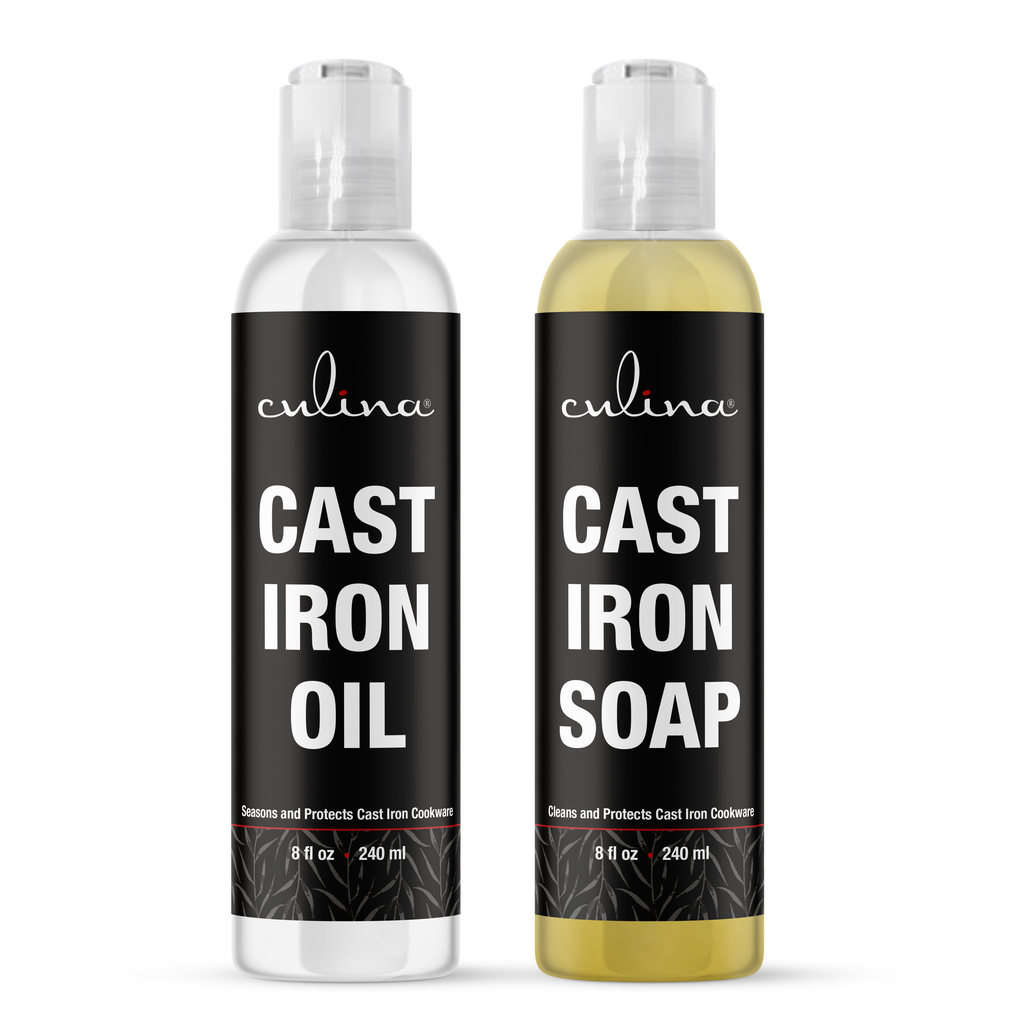Where Does Olive Oil Come From? Unravel the Origins Today!
Where does olive oil come from? This question is not just a culinary inquiry; for beauticians and skincare enthusiasts, understanding the origins and benefits of this golden elixir is essential. Olive oil, often considered a staple in beauty regimes, has roots tracing back to ancient civilizations. Its rich history, linked to health benefits and beauty, makes it a fascinating topic.
In this article, we will delve into the origins of olive oil, its historical significance, and how it has transitioned into the modern beauty scene. We will likewise discuss the types of olive oil, their extraction processes, and how this versatile oil can benefit your skincare routine.

The Historical Journey of Olive Oil
Olive oil has been revered since antiquity. The earliest evidence of olive oil extraction dates back to approximately 6000 B.C. in regions around the Mediterranean, particularly in areas like Crete, Cyprus, and the Levant. The olive tree, honored in many cultures, symbolizes peace and prosperity.
As a beautician, its crucial to appreciate the cultural significance of olive oil. Ancient Egyptians used it for skin moisturizing and as an ingredient in perfumes. Furthermore, Greeks considered it a gift from the gods, using it during athletic competitions and cultural rituals. Understanding these practices can enrich your knowledge and enhance your beauty consultations.
The Production Process of Olive Oil
Today, olive oil production is a blend of traditional methods and modern technology. Typically, the process involves several key steps:
- Harvesting: Olives are picked once they are ripe, usually from October to January, depending on the region.
- Washing: The harvested olives are washed to remove dirt and leaves.
- Milling: Olives are crushed to produce a paste, breaking down cell walls to release oil.
- Pressing: The paste is then pressed to separate the oil from the solids.
- Separation: Finally, the oil is separated from water and impurities, resulting in the pure liquid.
For a deeper understanding of olive oil extraction, you might find it interesting to learn about extra virgin olive oil.

Types of Olive Oil
Not all olive oils are created equal. There are several types categorized based on the extraction method and quality. Heres a quick rundown:
- Extra Virgin Olive Oil: Cold-pressed from the first extraction, boasting the highest quality and flavor.
- Virgin Olive Oil: Also cold-pressed but with slightly more acidity than extra virgin.
- Refined Olive Oil: Chemically refined to remove imperfections, resulting in a lighter flavor.
- Pure Olive Oil: A blend of virgin and refined oils, suitable for cooking.
For beauticians, understanding the different types can help in selecting the right oil for various skincare needs.
Beauty Benefits of Olive Oil
Olive oil isnt just for cooking; its a treasure trove of benefits for skin and hair:
- Moisturizer: Its composition mimics the skin's natural oils, providing deep hydration.
- Anti-Aging: Rich in antioxidants, it combats oxidative stress, promoting youthful skin.
- Healing Properties: Olive oil can aid in healing wounds and soothing skin irritations.
For further insights on daily usage, check out what happens when you consume olive oil daily.

Incorporating Olive Oil in Skincare
Knowing where olive oil comes from is just the beginning. Incorporating it into your beauty routines can bring numerous advantages:
Facial Care: Use olive oil alone or mix with your moisturizer for enhanced hydration. Apply a few drops as a nighttime treatment for supple skin.
Makeup Remover: Its effectiveness as a natural makeup remover is unmatched. Apply on cotton wool and gently wipe away makeup.
Hair Benefits: Olive oil can be used as a pre-shampoo treatment to nourish dry hair or mixed with conditioners for added moisture.
Reasons Behind Olive Oil's Popularity in Beauty
The growing trend of natural beauty products has elevated olive oils status in the cosmetic industry. Its minimal processing and natural benefits resonate well with the clean beauty movement.
Furthermore, olive oil is free from synthetic additives, making it an ideal choice for those with sensitive skin. Incorporating it into beauty treatments can often yield better results than conventional products.
However, its essential to know where olive oil comes from to ensure you are using genuine products. Quality matters! High-quality oils are often sourced from specific regions, such as Italy, Greece, and Spain, where traditional cultivation and extraction methods are upheld.

Olive Oil and Sustainability
As a beautician, consider the sustainability factors associated with olive oil production. Many brands today focus on ethical sourcing and eco-friendly practices while producing olive oil. Supporting these brands not only enriches your product offerings but also aligns with the increasing demand for sustainable beauty alternatives.
For more details on how olive oil can fit into a balanced diet, have a look at how many calories olive oil contains.
Common Misconceptions about Olive Oil in Beauty
Despite its numerous benefits, olive oil is often misunderstood. Some commonly held beliefs include:
- Olive oil is too heavy for skin: This largely depends on the skin type. It can be an excellent hydrator even for oily skin.
- It clogs pores: Extra virgin olive oil tends to be non-comedogenic, making it suitable for most skin types.
- Olive oil is only for cooking: While it shines in the kitchen, its benefits for skin and hair are undeniable.
Final Thoughts
In conclusion, knowing where olive oil comes from enriches our understanding of its role in beauty and wellness. Its historical significance, combined with its myriad skin benefits, positions olive oil as a staple in beauticians' toolkit.
Whether you use it for hydration, makeup removal, or as a nourishing agent for hair, this ancient oil remains relevant in contemporary beauty practices. By choosing high-quality, ethically-produced olive oil, you can ensure that you reap the maximum benefits from this remarkable ingredient.
As you integrate olive oil into your regimen, remember its heritage and significance. Celebrate the rich journey from tree to bottle and enjoy the myriad ways it can enhance your beauty.
As an Amazon Associate, I earn from qualifying purchases.

